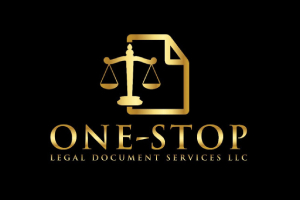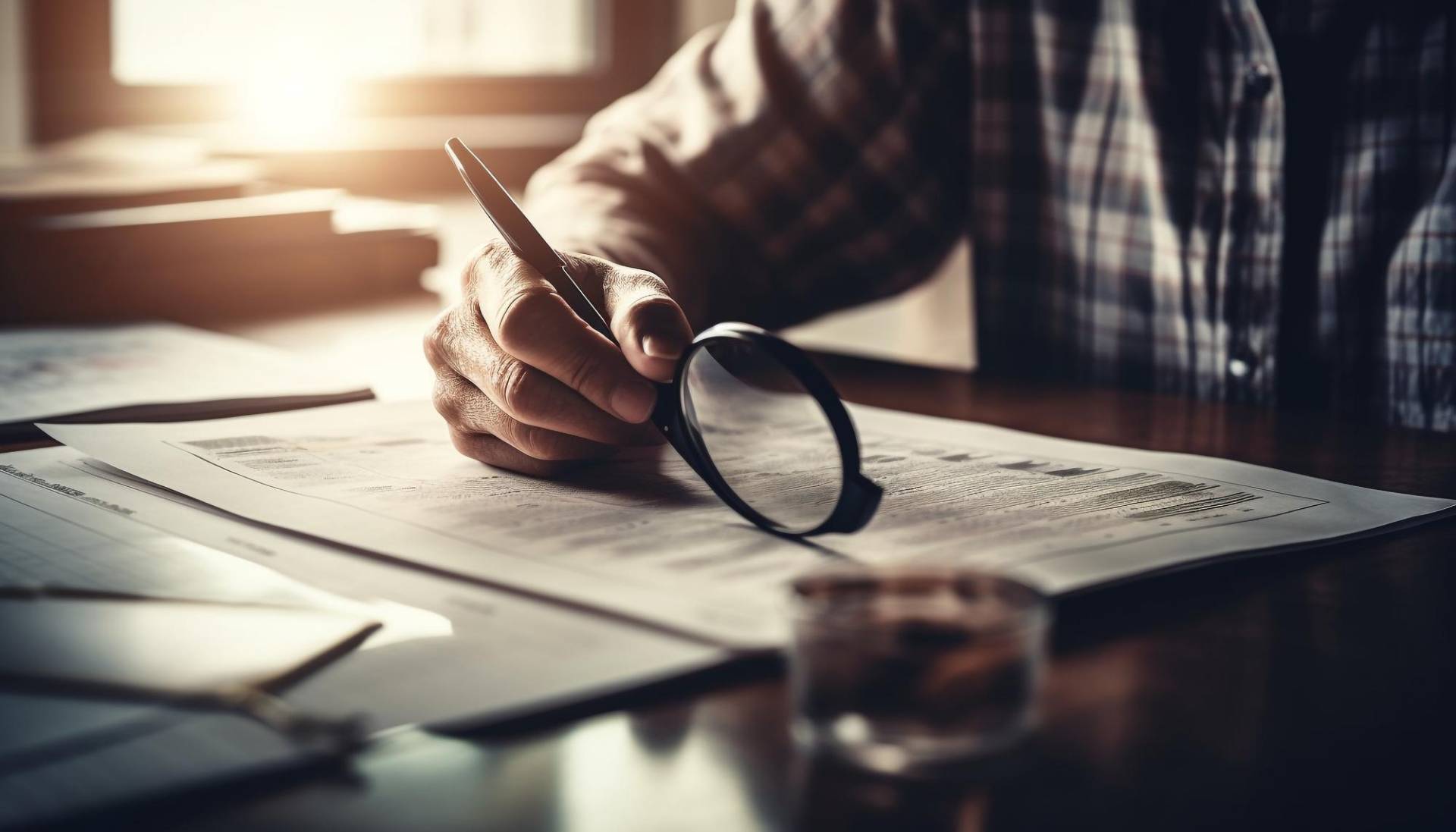The Bill of Rights: Protecting Our Fundamental Freedoms
The Bill of Rights is the first ten amendments to the United States Constitution and protects some of society’s most fundamental freedoms. Here’s what you need to know about the Bill of Rights and the authorities that establish it as a cornerstone of American democracy.
What is the Bill of Rights?
The Bill of Rights, which was ratified in 1791, outlines ten basic freedoms that are protected by the United States Constitution. These freedoms include:
1. Freedom of speech, press, religion, assembly, and petition (First Amendment)
2. The right to bear arms (Second Amendment)
3. Protection from unreasonable searches and seizures (Fourth Amendment)
4. The right to due process of law and protection against self-incrimination (Fifth and Sixth Amendments)
5. The right to a speedy and public trial by an impartial jury (Sixth Amendment)
6. The right to an attorney and protection against excessive bail and cruel and unusual punishment (Eighth Amendment)
7. The recognition of additional rights not enumerated in the Constitution (Ninth Amendment)
8. The reservation of powers to the states or the people (Tenth Amendment)
What Authorities Established the Bill of Rights?
The Bill of Rights is grounded in several authorities, including:
1. The United States Constitution: The Bill of Rights was added as the first ten amendments to the United States Constitution. Its provisions are thus part of the fabric of the law that governs American democracy.
2. The Founding Fathers: The Founding Fathers were instrumental in establishing the principles of the Bill of Rights. They crafted the Constitution to protect the independence and freedom of the American people, and the Bill of Rights solidified these protections.
3. The Courts: The courts have played a critical role in interpreting and upholding the Bill of Rights. They have determined what rights are protected by the Constitution and how those rights should be protected.
4. The People: Ultimately, it is the people who have ensured that the Bill of Rights remains a cornerstone of American democracy. Through protests, activism, and the democratic process, individuals have fought for their freedoms and demanded that their rights be protected.
In conclusion, the Bill of Rights is a fundamental part of American democracy, protecting some of society’s most cherished freedoms. It is grounded in several authorities, including the United States Constitution, the Founding Fathers who helped craft it, the courts who interpret it, and the people who have fought to protect it. The continued protection and expansion of these freedoms will always be a critical part of maintaining democracy in the United States.


